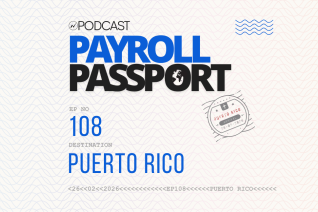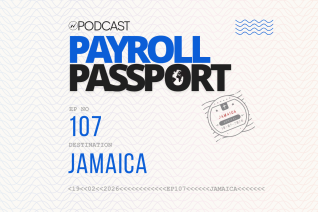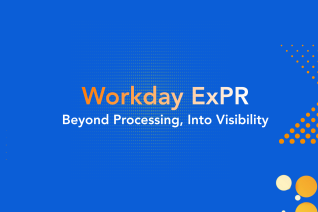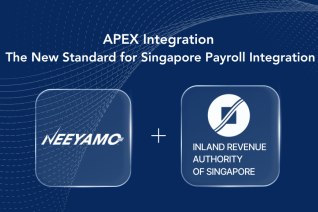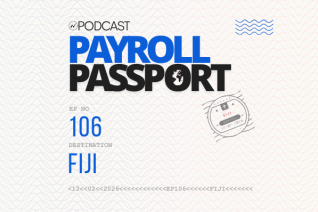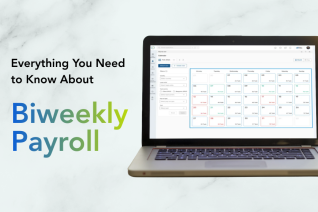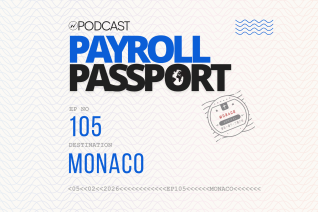Country Spotlight: Payroll in Switzerland

A landlocked country with four national languages and 26 cantons, Switzerland may be small but its payroll complexity is anything but.
From canton-specific tax rates to mandatory social insurance contributions, processing payroll in Switzerland means keeping pace with a highly regulated, multilingual, and decentralized system.
In this blog, we’ll walk through the essentials of running payroll in Switzerland, what’s required, what’s changed, and how to make it manageable.
What payroll looks like in Switzerland
In Switzerland, payroll is typically processed on a monthly basis, with salaries paid via bank transfer at the end of each month. Employers are required to issue detailed payslips that include the gross salary, mandatory deductions such as social security contributions and taxes, and the final net amount paid.
Unlike countries with centralized payroll systems, Switzerland’s payroll regulations can vary slightly by canton, particularly regarding tax at source and social insurance contributions. Additionally, with four national languages: German, French, Italian, and Romansh. Payroll documents and employee communications may need to be localized based on the primary language of the canton in which employees work, although Romansh is rarely used in official documentation.
Core Payroll Components
Swiss payroll involves a well-defined structure of mandatory social contributions and taxes. Both employers and employees share the responsibility for these deductions, and understanding these deductions is essential for any payroll administrator:
- AHV/IV/EO (Social Insurance): These cover old-age pensions, disability insurance, and income compensation. The contribution rate will remain unchanged at 10.60% of gross salary. This applies to employees, with each contributing 5.30%, including the 0.5% EO for paternity leave and to self-employed individuals, for whom the maximum contribution rate remains 10.00%.
- ALV (Unemployment Insurance): Employees and employers each contribute 1.1% (total 2.2%) of gross salary up to CHF 148,200/year. No contributions are required for salary portions above this threshold.
- BVG (Pension Fund): Employers must enroll employees in a second-pillar occupational pension plan if they earn above a certain threshold. Contributions vary by age and are shared between employer and employee. (e.g., 7% for ages 25–34, up to 18% for ages 55+).
- UVG (Accident Insurance): Employers cover occupational accident insurance, while premiums for non-occupational accidents are usually deducted from the employee’s salary.
- Withholding Tax (Quellensteuer): Applies to foreign workers without permanent residence. Rates differ by canton and depend on marital status, religion, and number of dependents.
Additional elements like family allowances, meal vouchers, company cars, or bonus payments may also appear on payslips, with each potentially subject to different tax treatments.
ALSO READ | Switzerland: A Guideline to Payroll and Employer of Record
Withholding Tax and Expat Considerations
One of the more complex aspects of Swiss payroll is the withholding tax system (Quellensteuer), which applies to foreign employees who do not hold a permanent residence permit (C-permit).
In such cases, employers are responsible for deducting the appropriate tax amount directly from the employee’s salary and remitting it to the relevant cantonal tax authority. Since each canton sets its own tax rates and reporting procedures, managing payroll can become particularly challenging for companies with employees based across different regions.
For expatriates, additional layers of complexity emerge including the application of double tax treaties, assessment of residency status, and the risk of double taxation. All of which require careful compliance based on the employee’s nationality, length of stay, and employment terms.
Compliance and Reporting Obligations
Switzerland places a strong emphasis on payroll compliance and transparency, requiring employers to adhere to a strict set of reporting and record-keeping duties. Employers must
regularly report salary and social contribution data to the relevant insurance authorities on a monthly or quarterly basis, depending on the applicable scheme.
In addition, annual wage declarations must be submitted to cantonal tax offices, along with yearly reports for pension and accident insurance contributions. All payroll records are legally required to be maintained for at least ten years. Non-compliance can result in serious consequences, including financial penalties, government audits, or even the revocation of business licenses.
As of 2025, recent updates such as changes to social contribution ceilings and the introduction of digitized reporting frameworks for pension funds require employers to stay agile and ensure that their internal payroll systems remain fully compliant with evolving regulatory standards.
TUNE IN NOW | Payroll Passport Ep 33. Switzerland
Local Nuances and Challenges
Switzerland’s federal structure introduces significant regional variation in employment-related regulations, making payroll administration more complex for employers. Elements such as tax rates, family allowances, and even holiday entitlements can differ between cantons like Zurich, Geneva, and Ticino.
Additionally, Switzerland’s linguistic diversity requires careful localization of payroll documentation and HR communications in German, French, or Italian, depending on the canton. Failure to address language-specific requirements can lead to compliance risks and employee dissatisfaction.
Another common challenge is managing cross-border workers, individuals who live in neighboring countries such as France, Germany, or Italy but are employed in Switzerland. These employees are subject to special tax treaties and social security agreements that employers must navigate accurately within their payroll systems to ensure legal compliance and smooth operations.
Why choose Neeyamo?
Managing payroll in Switzerland can be intricate, but with the right partner, businesses can stay compliant and operate efficiently. Neeyamo simplifies payroll operations across 160+ countries including Switzerland by helping you stay aligned with local mandates, from AHV contributions to canton-level withholding tax rules.
- Confused by Canton Complexity? Navigate Switzerland’s decentralized tax and labor systems with ease.
- Integration Issues? Seamlessly connect global HR and finance platforms across borders.
- Multilingual Mayhem? Generate payroll outputs in German, French, or Italian—without translation headaches.
- Payment Delays? Ensure accurate, on-time salary disbursements every month.
- Security Concerns? Protect sensitive employee data with enterprise-grade encryption.
Neeyamo? Your passport to hassle-free global payroll, now in Switzerland and beyond.
Write to us at irene.jones@neeyamo.com to learn how Neeyamo Payroll™ can simplify your payroll operations in Switzerland and help you stay future-ready.
Latest Resources
Stay informed with latest updates
If you're curious and have a thirst for knowledge pertaining to the HR, payroll, and EOR universe, don't miss out on subscribing to our resources.







